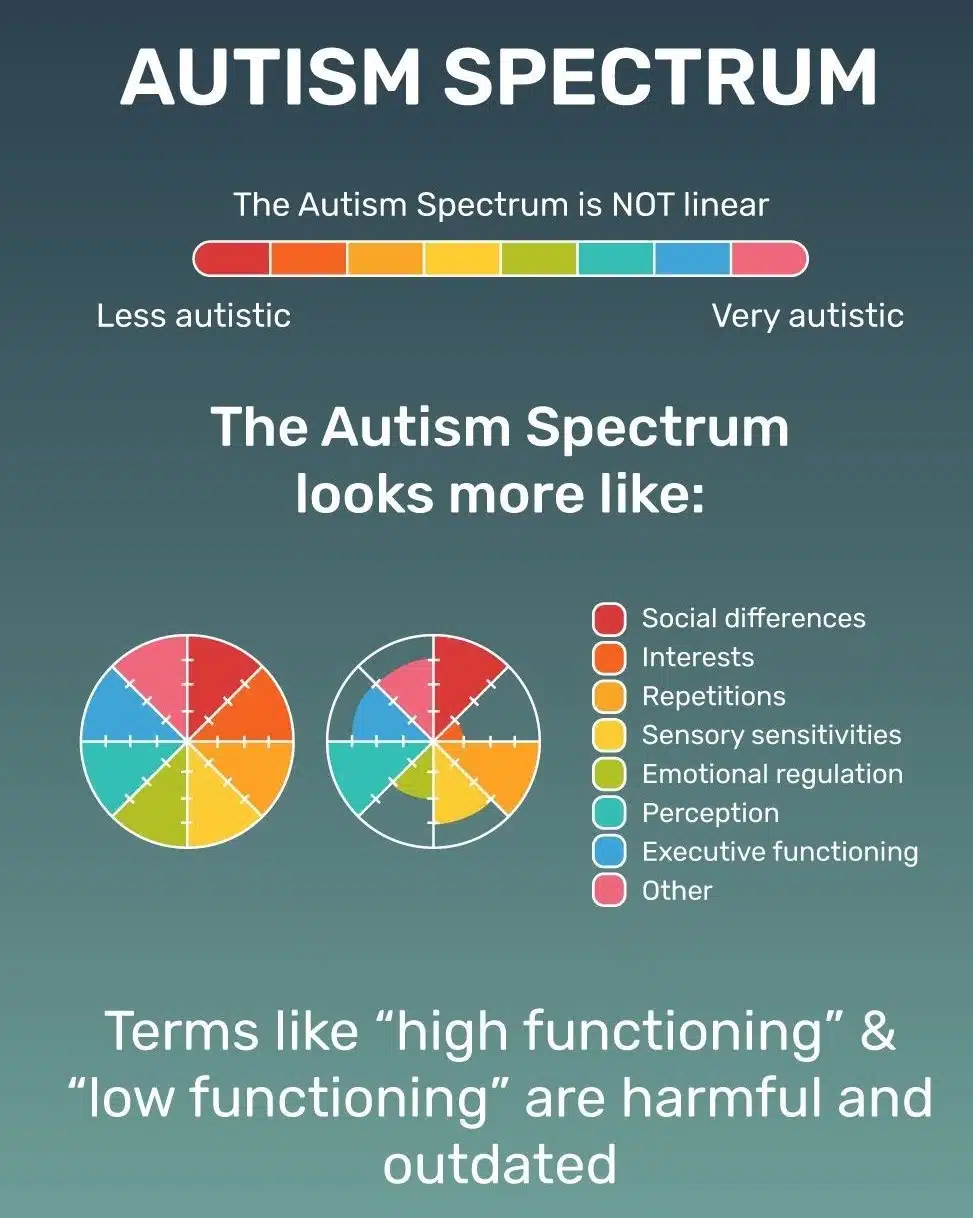Is Barron Trump on the spectrum? This question has sparked considerable debate and speculation in recent years. While rumors have swirled around the youngest member of the Trump family, it is crucial to approach such discussions with sensitivity and an open mind. Autism Spectrum Disorder (ASD) encompasses a wide range of characteristics and behaviors that vary greatly from individual to individual. Understanding ASD requires more than surface-level assumptions; it demands empathy, knowledge, and respect for privacy. In this article, we delve into the facts surrounding Barron Trump’s life, explore cultural perspectives on autism, and examine how societal biases shape our understanding of neurodiversity.
Barron William Trump, born March 20, 2006, as the youngest child of former President Donald Trump and First Lady Melania Trump, has been at the center of media attention since his early childhood. Despite being shielded from public scrutiny by his parents, allegations and rumors about Barron's potential placement on the autism spectrum began circulating online. Comedian Rosie O'Donnell publicly speculated about Barron's diagnosis during a presidential debate between Hillary Clinton and Donald Trump in 2016. Such comments fueled further discussion but also highlighted the importance of addressing misinformation responsibly. It is essential to recognize that diagnosing ASD involves comprehensive evaluations conducted by qualified professionals rather than baseless conjecture.
| Bio Data | |
|---|---|
| Name: | Barron William Trump |
| Date of Birth: | March 20, 2006 |
| Place of Birth: | New York City, New York |
| Parents: | Donald Trump and Melania Trump |
| Education: | School information not publicly disclosed |
| Career: | Not applicable (minor) |
| Professional Information: | No professional engagements due to age |
| Reference Website: | Autism Speaks |
In her recently released memoir, Melania Trump addresses some of these allegations directly. She emphasizes the importance of protecting her son’s privacy while refuting claims made against him. The book provides personal anecdotes about raising Barron and sheds light on their family dynamics. Beyond discussing Barron's alleged autism, Melania touches upon various topics, including abortion rights, her initial romance with Donald Trump, and historical events like the first assassination attempt during their presidency. By sharing intimate details, she aims to humanize herself and her family amidst relentless media coverage.
Cultural views on autism play a significant role in shaping societal attitudes toward individuals on the spectrum. Across different regions and communities, perceptions of ASD vary widely based on traditional beliefs, educational systems, and available resources. For instance, in Western countries, there tends to be greater awareness and acceptance of neurodiversity compared to certain parts of Asia or Africa where stigma persists. Advocacy groups and organizations worldwide strive to bridge these gaps by promoting education, support networks, and inclusive practices. Engaging with local support groups can provide invaluable insights and tools for fostering meaningful connections within autistic communities.
The ongoing discourse around Barron Trump’s possible autism diagnosis underscores broader issues related to implicit bias and misinformation. Implicit biases often influence how people perceive others who exhibit unconventional behavior or communication styles. These preconceived notions can perpetuate stereotypes and hinder genuine understanding. Researchers continue to explore innovative ways to challenge these biases through training programs, workshops, and interdisciplinary collaborations. Recognizing one's own biases is the first step toward creating equitable environments where everyone feels valued and respected regardless of neurological differences.
Exploring adult experiences of independence among autistic individuals offers another critical perspective on living with ASD. Independence means something different to each person depending on their strengths, challenges, and aspirations. Some may thrive in structured settings, while others prefer flexible arrangements tailored to their needs. Investigating factors contributing to successful transitions into adulthood—such as access to employment opportunities, housing options, and social supports—can inform policy decisions aimed at improving quality of life for autistic adults. Additionally, amplifying autistic voices ensures that solutions are informed by lived experiences rather than external assumptions.
As conversations around diversity, equity, and inclusion evolve, so too must our approaches to accommodating neurodivergent populations. Corporate settings increasingly recognize the value of hiring autistic employees whose unique talents contribute significantly to innovation and problem-solving. However, questions remain regarding whether current initiatives adequately address systemic barriers faced by autistic workers. Addressing these concerns requires sustained commitment from leadership teams alongside active participation from all stakeholders involved.
Ultimately, unraveling the speculation surrounding Barron Trump's autism highlights the necessity of prioritizing factual information over sensationalized narratives. Promoting autism awareness and acceptance begins with educating ourselves about its complexities and celebrating the diverse contributions of those on the spectrum. Whether through advocacy efforts, research advancements, or everyday interactions, every action taken toward greater inclusivity brings us closer to building a world where everyone belongs.



